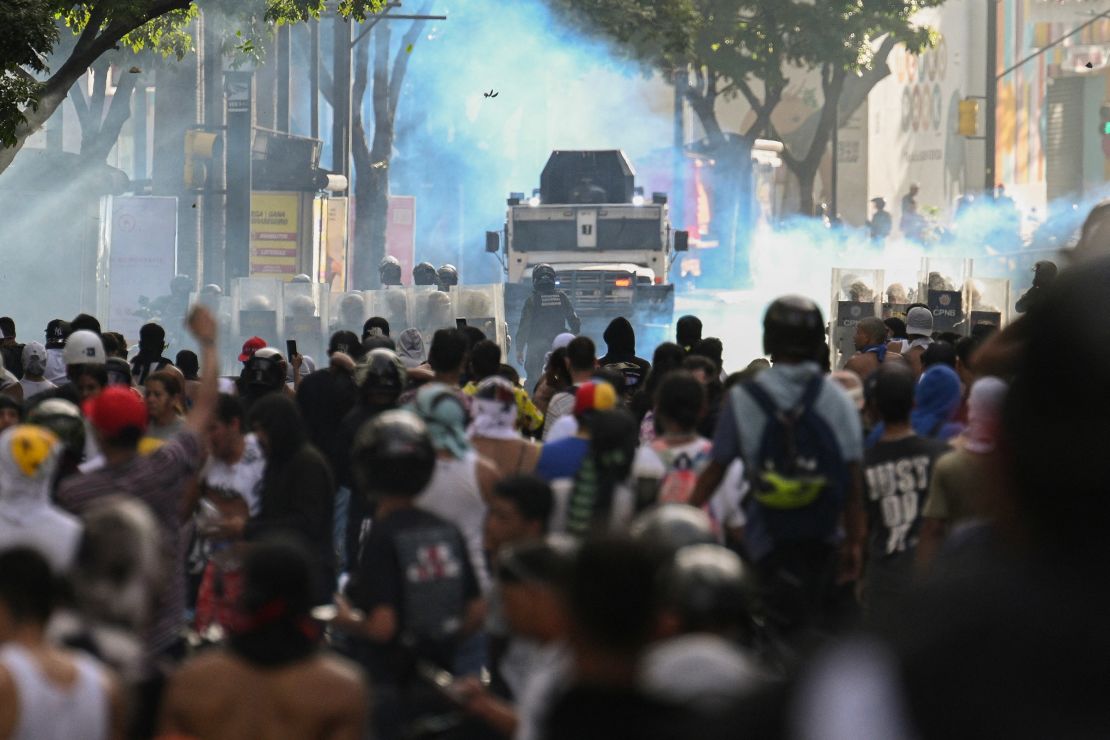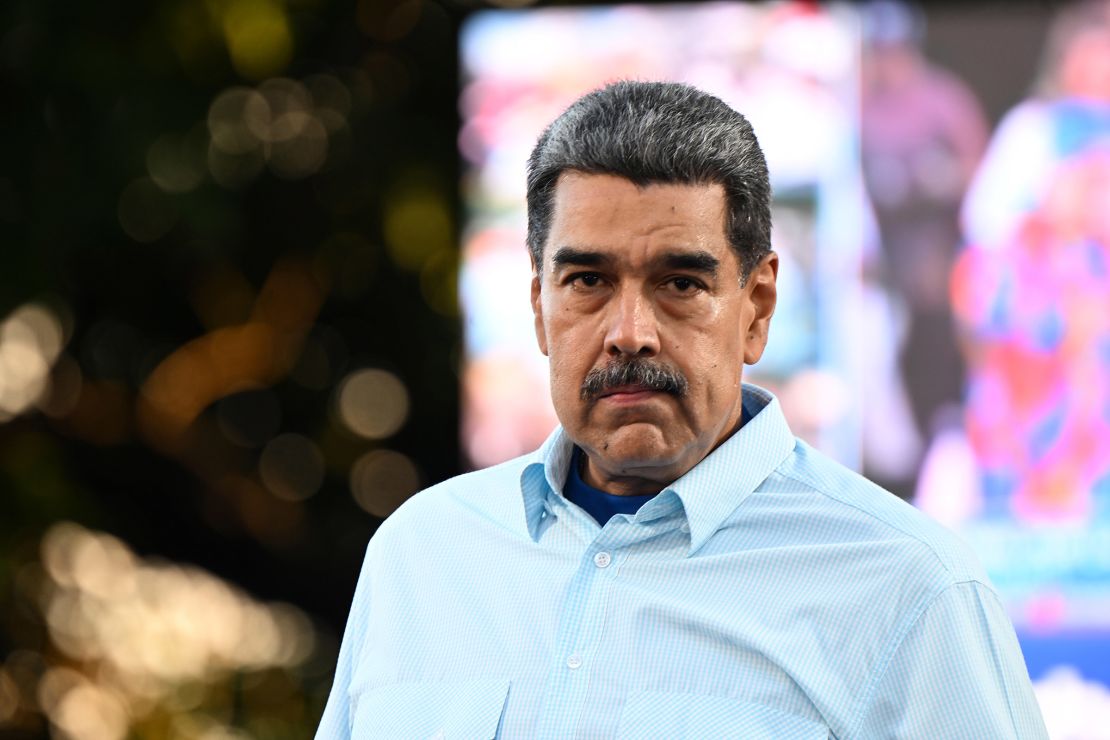Nicaragua’s strongman President Daniel Ortega has offered to send “Sandinista fighters” to Venezuela in support of his embattled fellow authoritarian leader Nicolas Maduro, in case there is an attempt at an “armed counterrevolution” following July’s disputed presidential election.
Maduro has been under some pressure since his declaration of victory in the vote sparked widespread suspicion among the opposition and abroad. Thousands of Venezuelans have since taken to the streets in protest and political violence has killed at least 24 civilians and one soldier. The government’s security forces have detained at least 2,000 opposition sympathizers.
Ortega, speaking at a virtual summit with heads of state from other Latin American countries on Monday, offered his support to Maduro in the case of an “armed counterrevolution,” assuring him that if “battle were to come, they (Maduro’s government) will have Sandinista fighters accompanying them.”

In Nicaragua, “Sandinista” generally refers to members of the left-wing political movement, the Sandinista National Liberation Front (FSLN) that came to power in the Nicaraguan Revolution at the end of the 1970s. Ortega’s party is the FSLN.
However, Ortega didn’t specify whether?he was offering up?police, soldiers from the?military, or pro-government armed groups that rights groups have accused?of conducting crackdowns alongside the police in Nicaragua, which Ortega has denied any links to.
CNN has reached out to the Nicaraguan government for comment.
Ortega also criticized other leaders of Latin American nations, including Brazil’s Luiz Inácio Lula?da Silva (also known as Lula)?and Colombia’s Gustavo Petro – both leftists – for not recognizing Maduro as the winner of what is set to be his third consecutive six-year term. The Nicaraguan strongman himself is serving a fifth term as president and has been accused of rigging elections in the past.
During the summit, Ortega said it was “shameful” that Lula hadn’t recognized Maduro and accused him of “dragging” himself before the US. The president made similar comments about Colombia’s Petro.
Petro responded to Ortega in a post on X saying, “At least I do not drag down the human rights of the people of my country, much less those of my comrades in arms and those fighting against dictatorships.”
CNN has reached out to Brazil’s foreign ministry for comment.

According to Venezuela’s electoral council, which is controlled by government sympathizers, Maduro won his reelection bid with just over 50% of the vote. But the country’s opposition coalition, as well as electoral observers from the United Nations and the Carter Center have questioned the council’s numbers. The US, the EU and various other countries and multilateral institutions have urged Venezuela to release granular data showing the results by polling station.
Meanwhile, Venezuela’s opposition has published more than 80% of tallies printed and collected from voting machines across the country, some 25,000 documents in total. Though partial, the painstaking documentation appears to show that the opposition candidate, Edmundo Gonzalez Urrutia?had in fact defeated Maduro, several experts told CNN.

